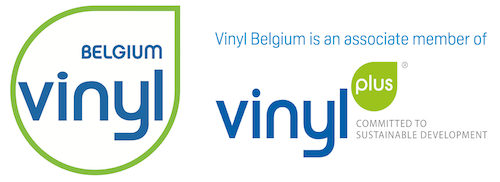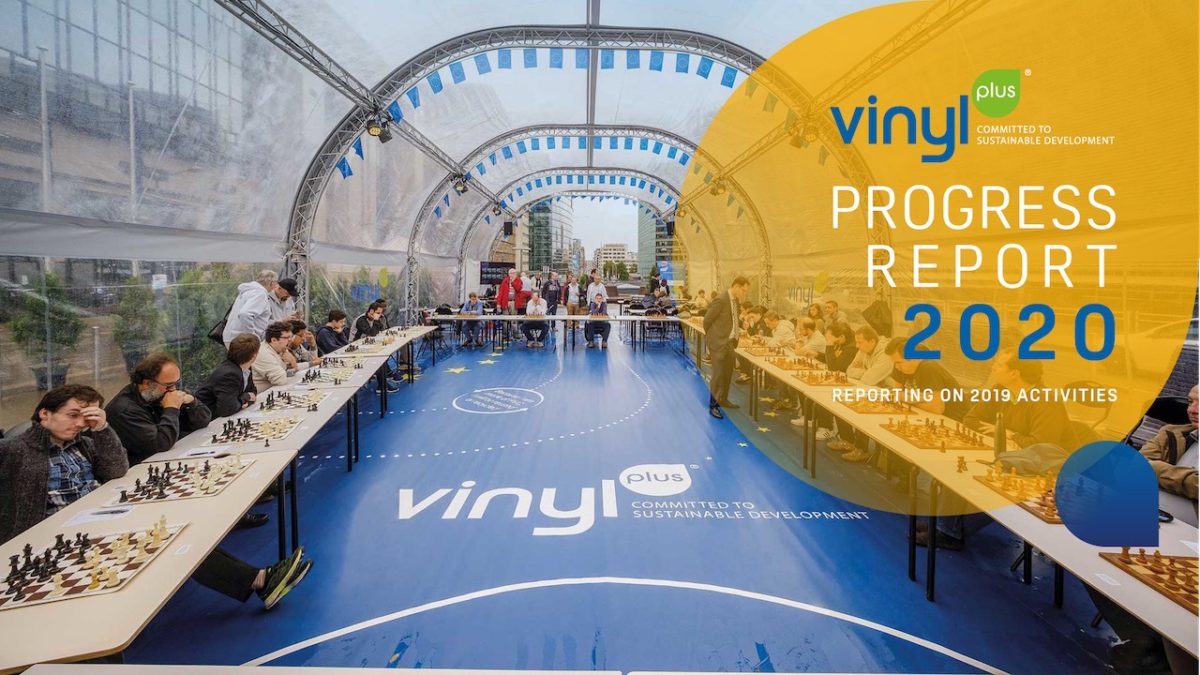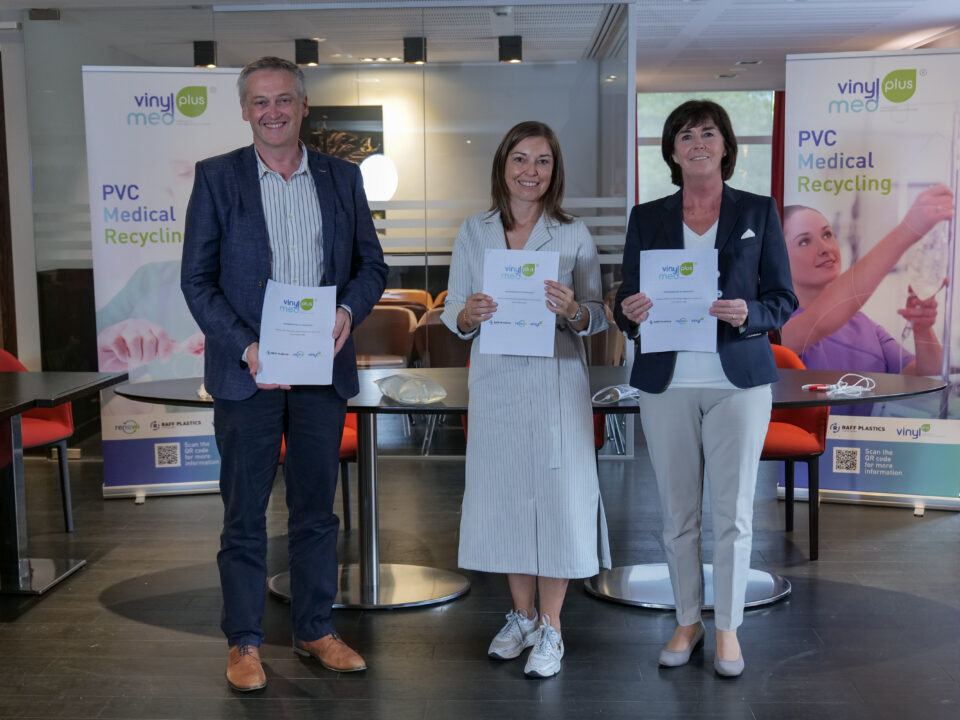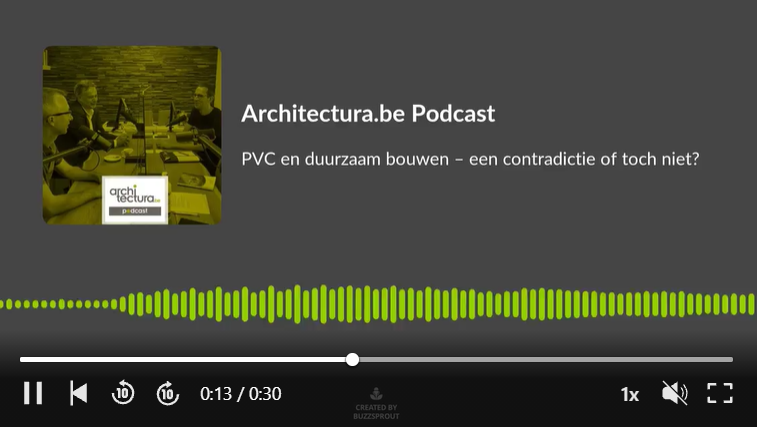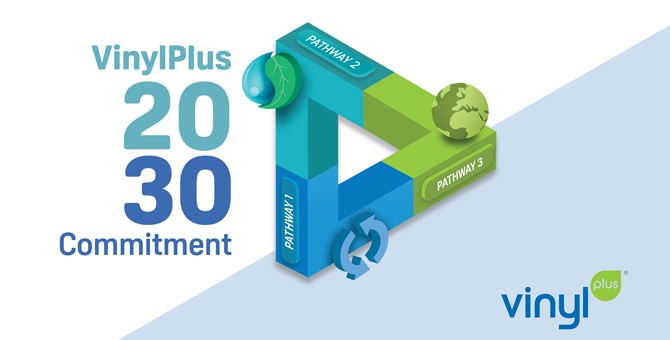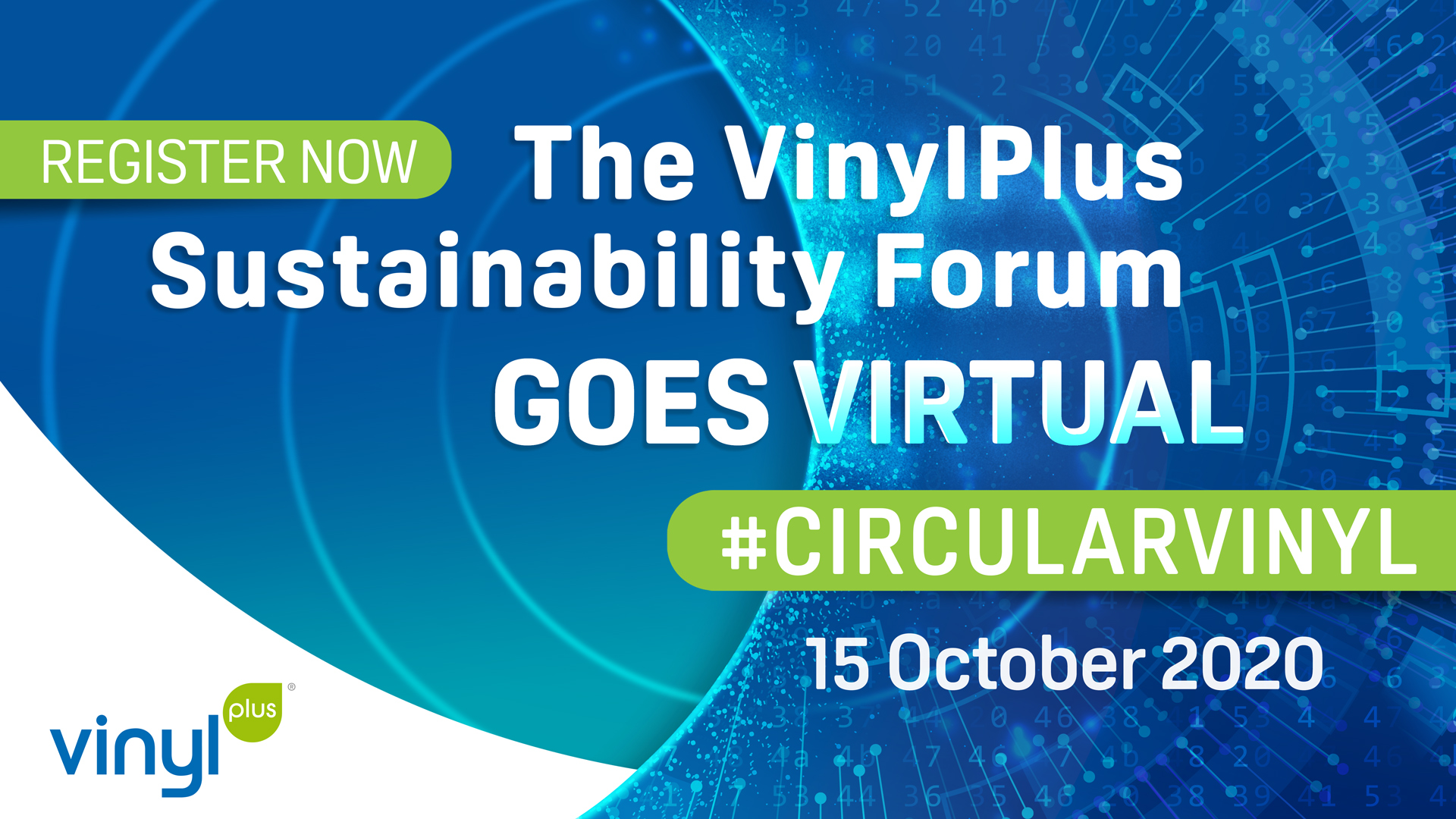
VinylPlus Sustainability Forum 2020 Goes Virtual: #CIRCULARVINYL
21/02/2020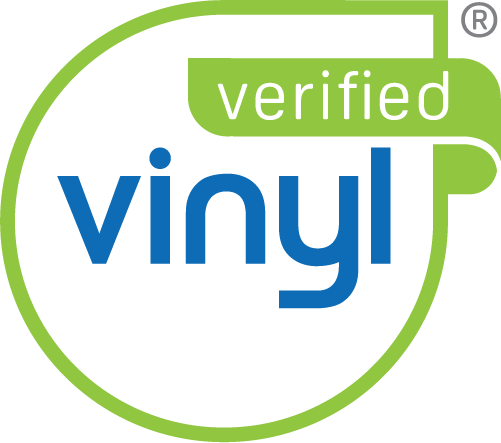
The VinylPlus® Product Label recognised as a Label for Sustainable Public Purchasing
17/06/2020Brussels, 4 June 2020 – VinylPlus reports 771,313 tonnes of recycled PVC in 2019
“Over the last 20 years, VinylPlus has worked tirelessly to tackle the challenges of circularity. We continuously aim to improve our sustainability performance embracing the European Green Deal, the Circular Economy Action Plan and other policy initiatives impacting the plastics sector,” stated Brigitte Dero, Managing Director of VinylPlus.
PVC has become a plastic material of choice for medium- and long-life applications, primarily in building and construction products such as window frames, pipes, flooring, and cables, but also for lifesaving medical devices. PVC is reusable and can be recycled multiple times without losing its essential properties. Recycling this valuable material is a key part of VinylPlus’ voluntary commitment to sustainability and to the Circular Economy. This recycling effort is reinforced by traceability and certification schemes that ensure the safety and quality of recycled materials and processes.
Through its Voluntary Commitment, the European PVC industry has recycled 5.7 million tonnes of PVC since 2000, preventing the release of 11.4 million tonnes of CO2 into the atmosphere. In 2019 alone, 771,313 tonnes of PVC were recycled – more than 96% of the programme’s 2020 target. Following the European Commission’s pledging call for the entire plastics industry to boost recycling, VinylPlus has committed to recycling at least 900,000 tonnes of PVC per year into new products by 2025 – securing further its place in achieving Europe’s Circular Economy strategy and the aspirations of the cross-industry European Commission’s Circular Plastics Alliance, set up in 2019 for the cooperation on the uptake of recycled plastic.
Continuous recycling of valuable PVC material is in the best interest of a sustainable society. The European Chemicals Agency (ECHA) has confirmed recently that the recycling of end-of-life PVC products is the best waste management option from both an environmental and human health point of view[1]. Recycling of PVC significantly reduces potential greenhouse gas emissions as for each kilo of PVC recycled, two kilos of CO2 are saved. The alternative scenarios would result in wasting material that would otherwise be recycled and reused.
VinylPlus’ 2020 Progress Report confirms that the voluntary programme is achieving its targeted objectives. To guarantee maximum transparency, participation and accountability, a Monitoring Committee, composed of representatives of the EU Parliament, the EU Commission, trade unions, consumer organisations and academia, supervises VinylPlus’ achievements and progress. Jo Dewulf, professor at Ghent University and Chair of the Monitoring Committee, said: “Industry initiatives, like VinylPlus, that look beyond recycling and put sustainability along value chains in focus are increasingly essential when developing strategies for a circular economy.”
Link to the VinylPlus Progress Report
